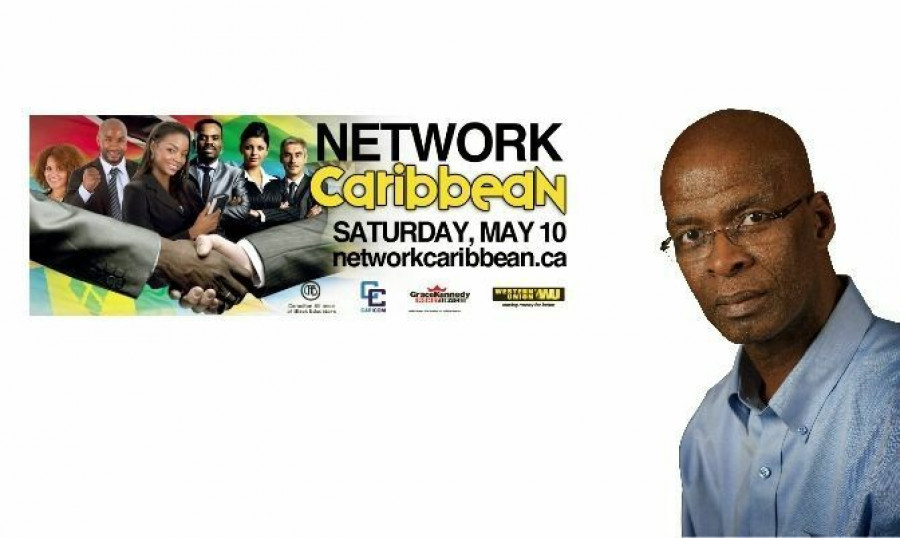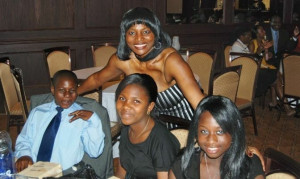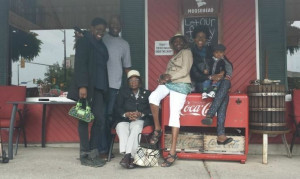The goal it seems is to enhance the learning experience for students from the Caribbean Diaspora, by identifying what the challenges are within the existing educational systems, and devising solutions and opportunities.
Speaking to one of the presenters Antiguan born professor Dr. Carl James, Director, York Centre for Education and Community at York University, he said the event is important for 3 key reasons. “Firstly, it provides an opportunity for people within the Caribbean diaspora to network and explore opportunities, secondly to also get a sense of what is happening back home in the Caribbean islands, and finally, to understand what is occurring locally to children within the Caribbean diaspora in Canada.”
Dr. James does research work on Caribbean diaspora in Canada and also teaches at York University, where many of the students have a Caribbean background. “Given my research interest related to the Caribbean diaspora, this event provides an opportunity to engage in what is happening in the community in Toronto” said James.
One of the most serious issues affecting students of Caribbean descent, is the dismal University entrance rates. Only 23% of students from a Caribbean background are entering a tertiary institution.
TDSB stats indicate that 2nd and 3rd generation students of Caribbean descent, don’t fare as well as 1st generation students, and definitely not as well as Africans or other immigrant students.
The reason could be marinated in the notion that Caribbean parents are driven to provide a better life than they had. Isn’t that the reason most people migrate? it can’t be the weather.
“First generation parents remind children about their lives back home and what it means for them to do well here” says James, “when you get down to the 3rd generation its the grandparents, and the typical child does not spend a lot of time with them”. “Children growing up in Toronto feel entitled to get everything that is being offered, when they don’t get the results, they blame the system. They say, the system is not working, and it’s not me.”
What we’re are finding is that many students do not even apply to Universities or College. I would be interesting to know what the parents would have wanted them to do. It is the belief by many, that not many parents expected them to go to University in the first place. “You have to wonder if the parents are not saying it, or is it that the children are not hearing it in that way.”
How can we improve the literacy rates in Canada for children of the Caribbean diaspora? This is one of the hard hitting questions that Network Caribbean seeks to engage dialogue on.
“As parents we cannot do it alone, we must make partnership with teachers and schools” says James. “We need to get data, if we are not able to show students not doing well, until we can quote those numbers nobody is going to take us seriously. We have to encourage school boards and schools to keep up to date. The TDSB is the only one doing it now. Until we have the data and make the School Boards responsible, we are not going to get any where.”
At the core of it all, the early years of a child’s education is very important. “we have to encourage our children, that graduating from high school and university is important. In some schools children are transitioned to grade 9 without passing. We have to pay more attention to kids passing” Says James.
In the Caribbean we repeat the grades until students can pass. Seems daunting, but it forces children to work at getting it right.
What does Dr. James hope to achieve at this event? “Good dynamic and discussion when thinking about our responsibility as parents and a community, to change the trajectory of the community.”

 By
By 





